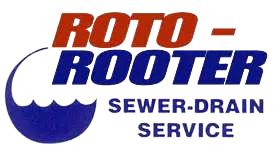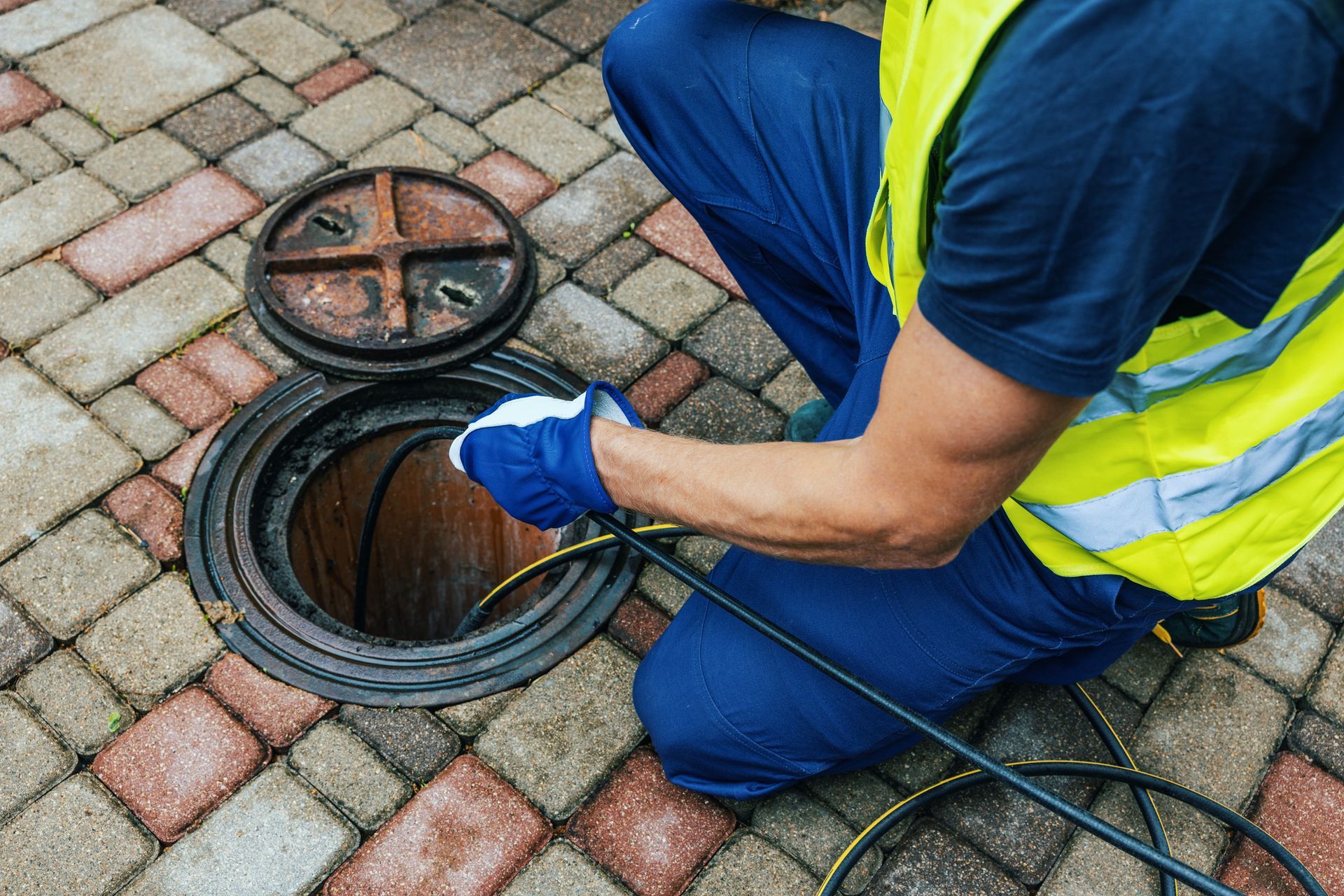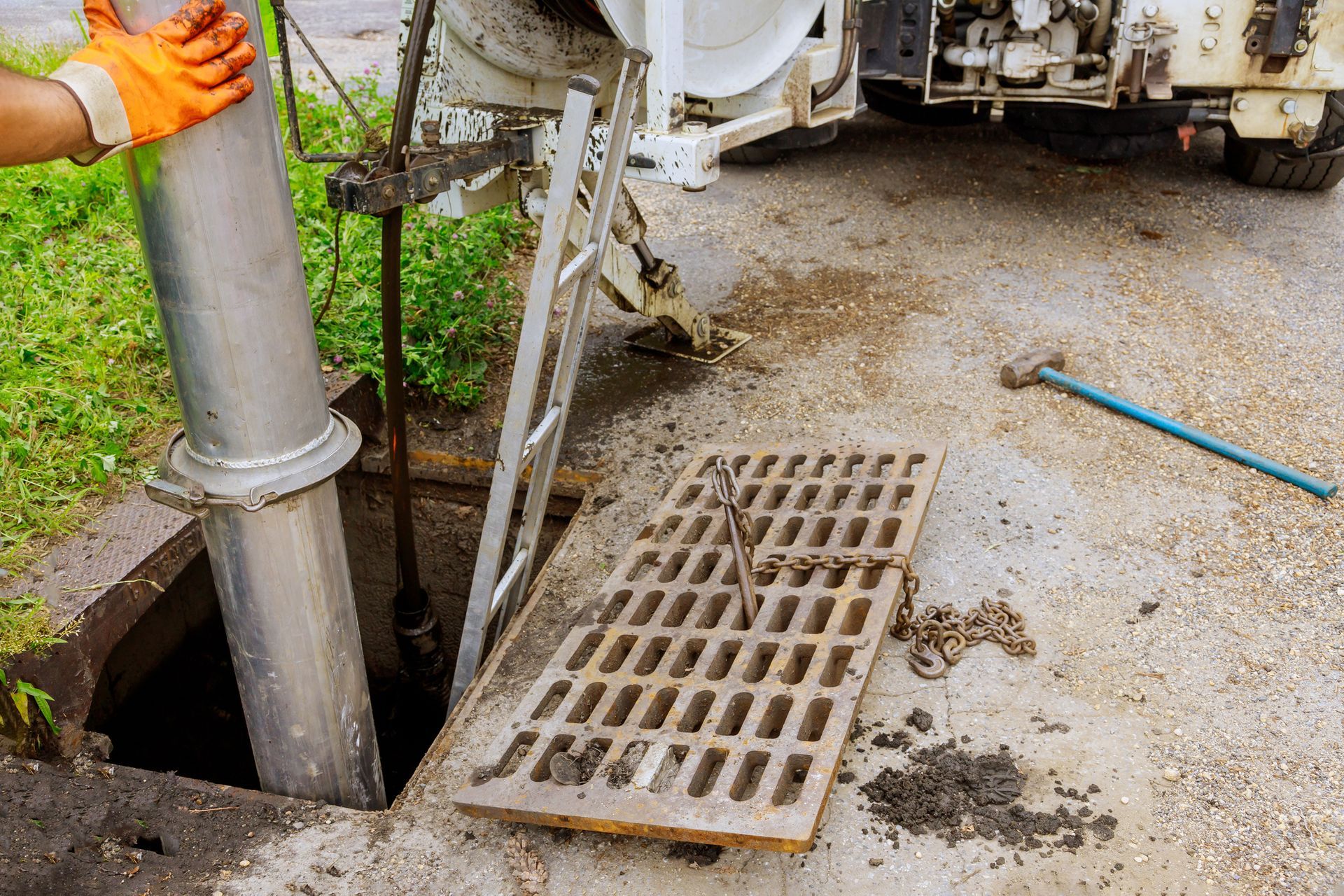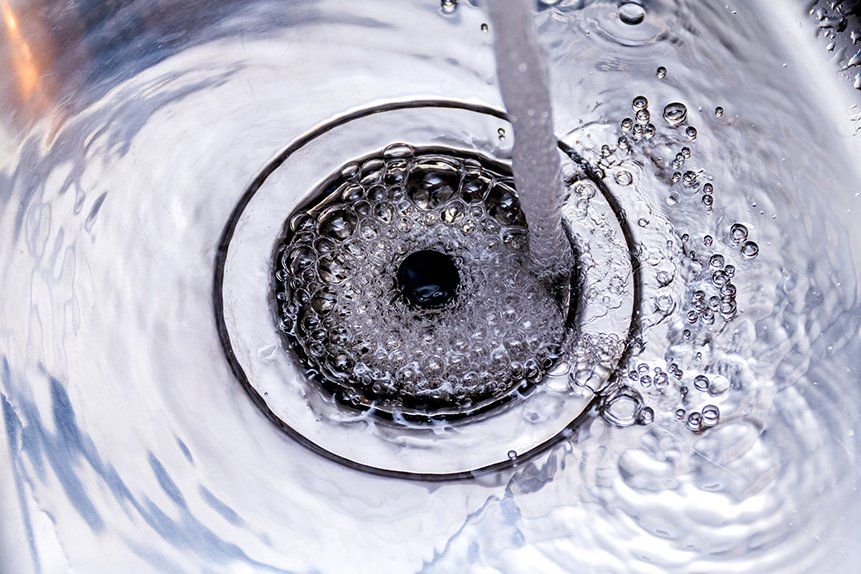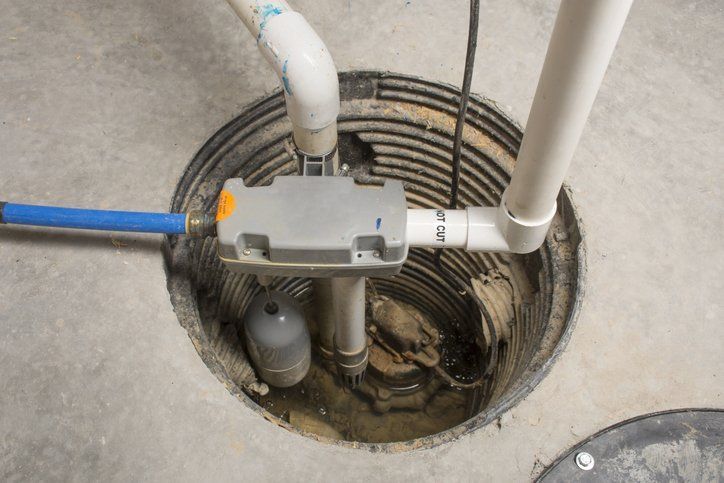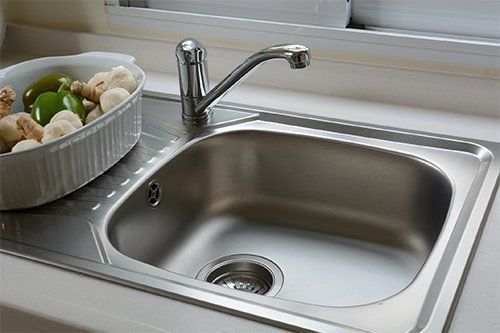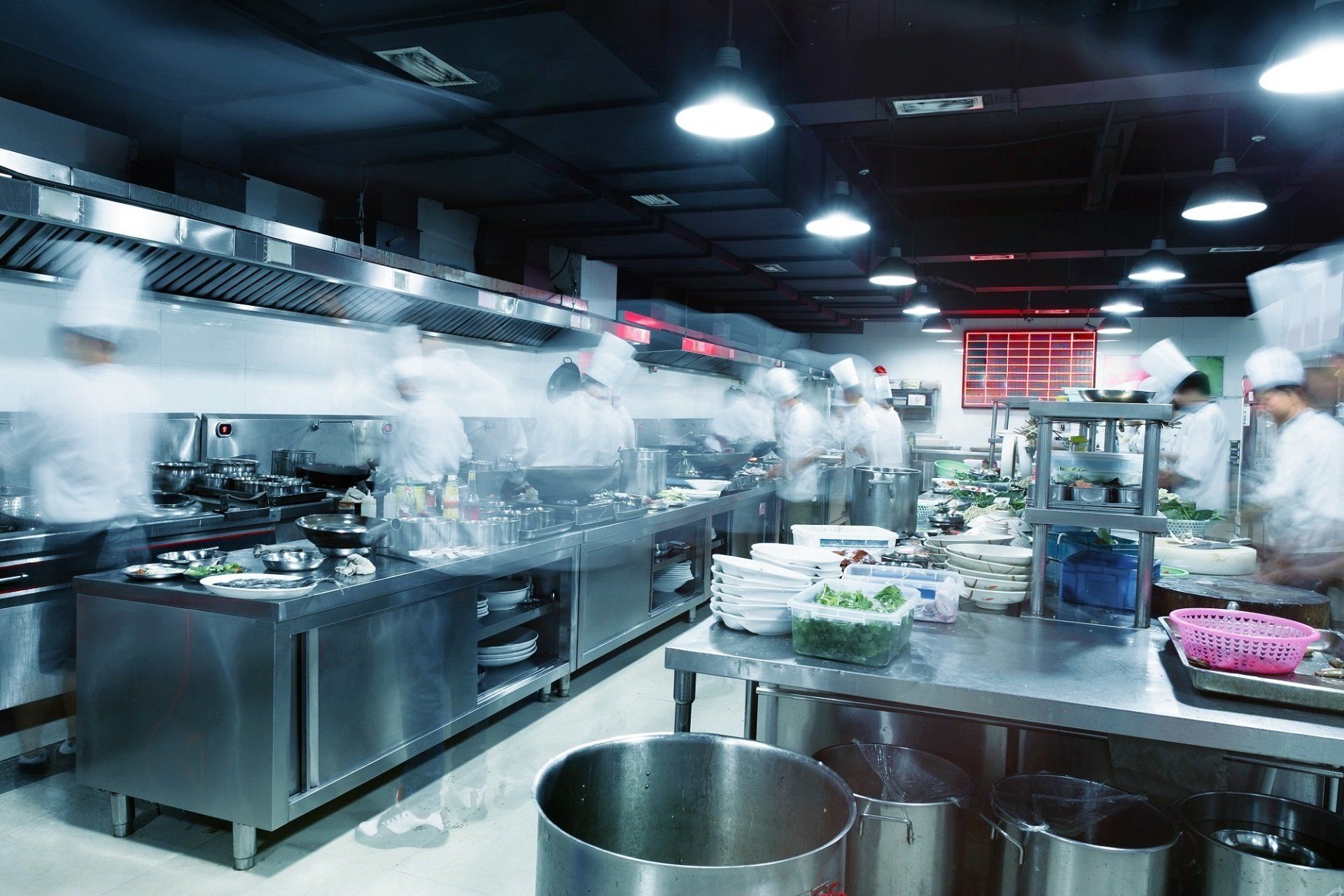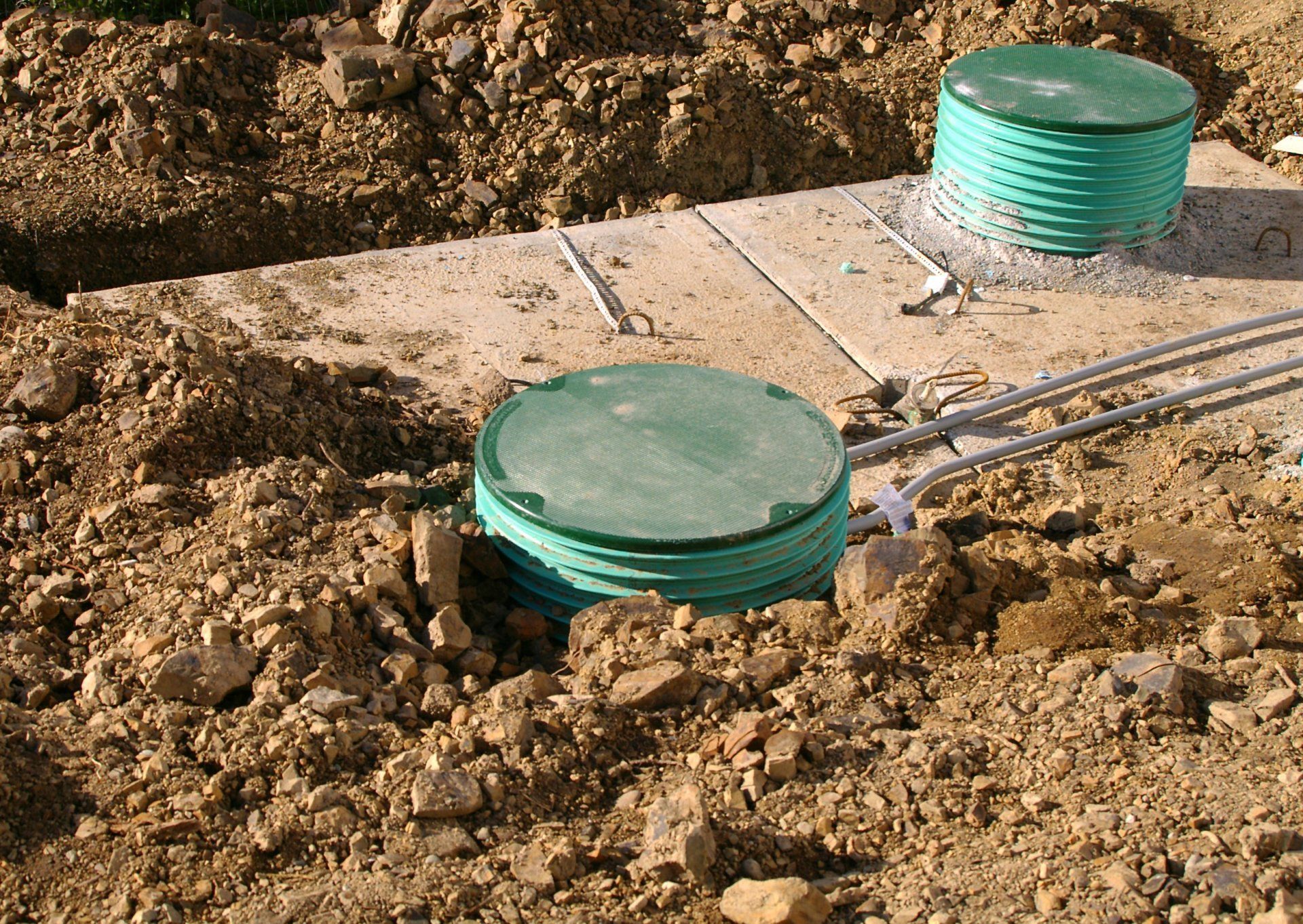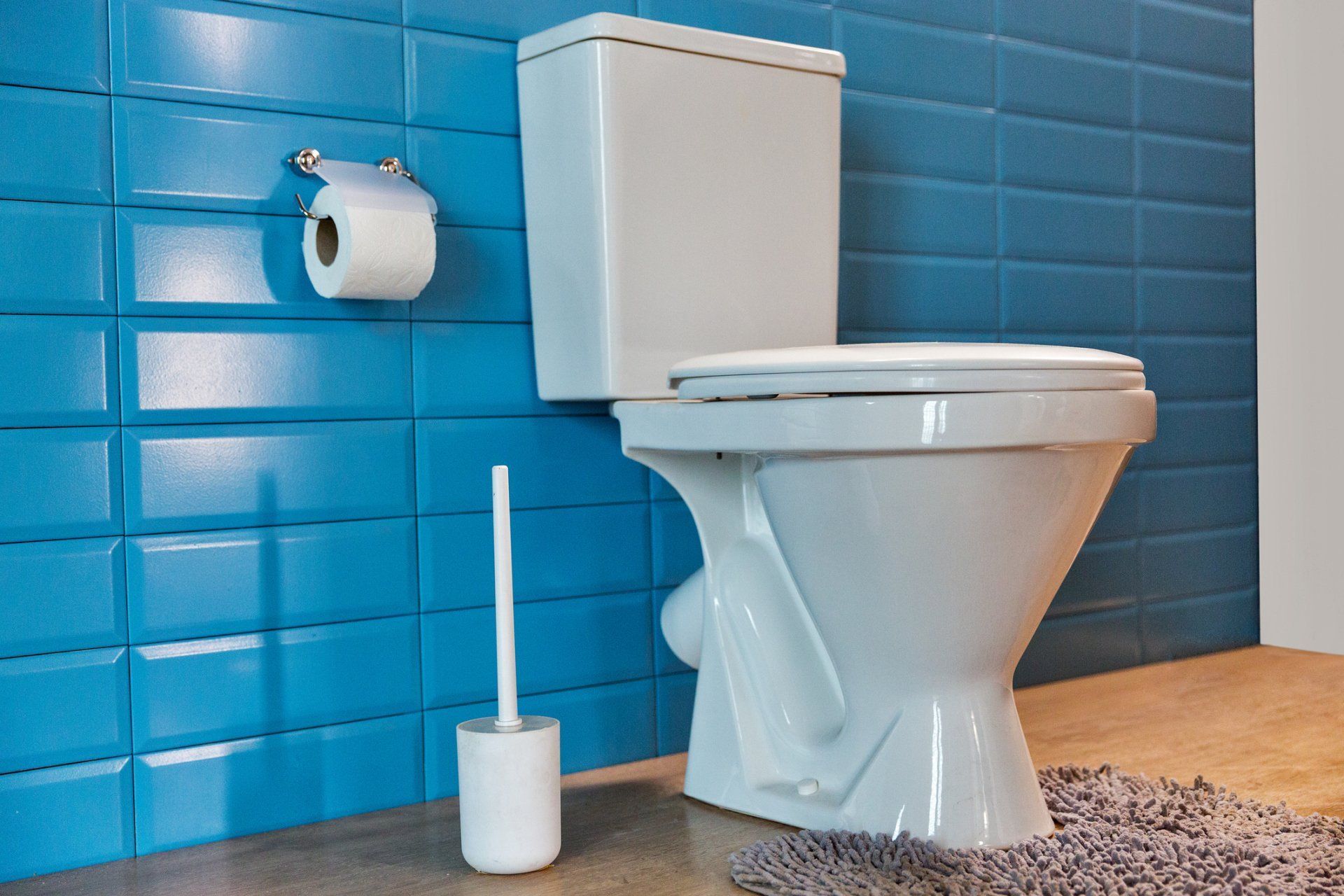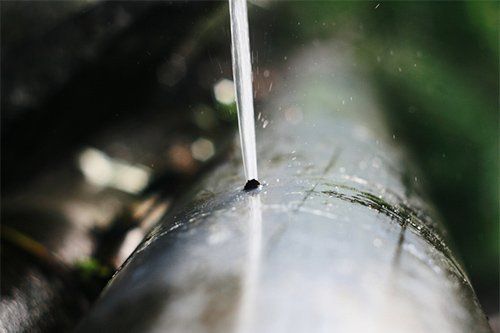Constantly Clogged Drains? 5 Mistakes to Avoid
Admin • September 30, 2019
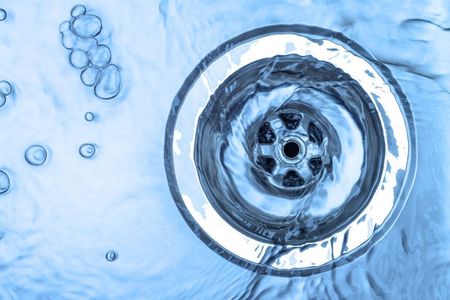
If you are frustrated with having to constantly unclog your plumbing drains, it may be time to analyze your household habits. Some common mistakes may lead to clogged drains and overflows, but these can easily be avoided. Allowing grease to slide down the drain or never having your sewer lines inspected are a few of the easily avoided blunders that may be causing an issue.
Read on to learn mistakes that often lead to drain clogs and backups.
1. Allowing Cooking Oil and Grease to Slide Down the Drain
Grease from cooking oils and fat should never be poured down the drain. When grease accumulates, it may eventually solidify and clog your drain. Rather than let grease flow down the drain, use a container to pour the grease into. It may seem like a bit of a hassle, but it could save you a lot of headache and plumbing expense later on.
Strange as it may seem, certain soaps and detergents may also contain grease compounds that could potentially clog your drain. Avoid the mistake of using fat-based soaps that may clog the pipes. To be sure, check the labels on soaps and detergents before making your purchases.
2. Never Having a Professional Plumbing Inspection
Failure to have a professional sewer line inspection could be detrimental to your pipes. If you find yourself dealing with recurring clogged drains, contact a professional plumber. A sewer line inspection, with the use of a special instrument and remote camera, may detect a plumbing problem. For instance, tree roots may have infiltrated the sewer lines causing constant blockage.
A drain camera inspection may find other blockages, such as jewelry in the pipes or some metal that is stuck there causing a clog. If you have never had a video inspection of your pipe lines, the time may have come to reconsider. Also, schedule a video inspection before you plan on remodeling your kitchen or bathroom.
It's best not to rely on the home video kits to do this inspection yourself. Call in an expert professional to be sure of a thorough inspection.
3. Not Using a Lint Trap Catcher on Your Washing Machine Hose
You might not think of your laundry as being the culprit for your clogged drains, but reconsider. Lint, paper or pieces of fabric may clog up your drain. Head to the home improvement store or ask your plumber about installing a lint trap at the end of your washer hose. Reusable traps are an inexpensive way to avoid trouble with clogged drains.
4. Allowing Hair to Accumulate into the Drain
Shampooing your hair in the shower may be a convenience, but it can also present as problem with clogs. When the loose hairs accumulate in the pipes, your drain may become stopped up. Not using some type of drain screen or stopper is a mistake. Ask your plumber about drain traps you can use in your bathroom sink and shower.
If you prefer, make a do-it-yourself stopper using a piece of mesh material. You may need to glue the edges to the drain to secure the mesh. You can also find these mesh traps at the local hardware or home improvement store.
5. Flushing the Wrong Items Down the Drain
If you or your family members haphazardly flush household items down the toilet, you could be making a huge mistake that may add up to trouble and expense. The toilet should be used for flushing human waste and toilet paper only. Don't flush dental floss, feminine hygiene products, baby wipes, medications and cat litter down the toilet, as any of the above may lead to clogged lines.
In conclusion, you should consult a professional plumber
if your plumbing issues are not resolved by following some simple maintenance tips.
